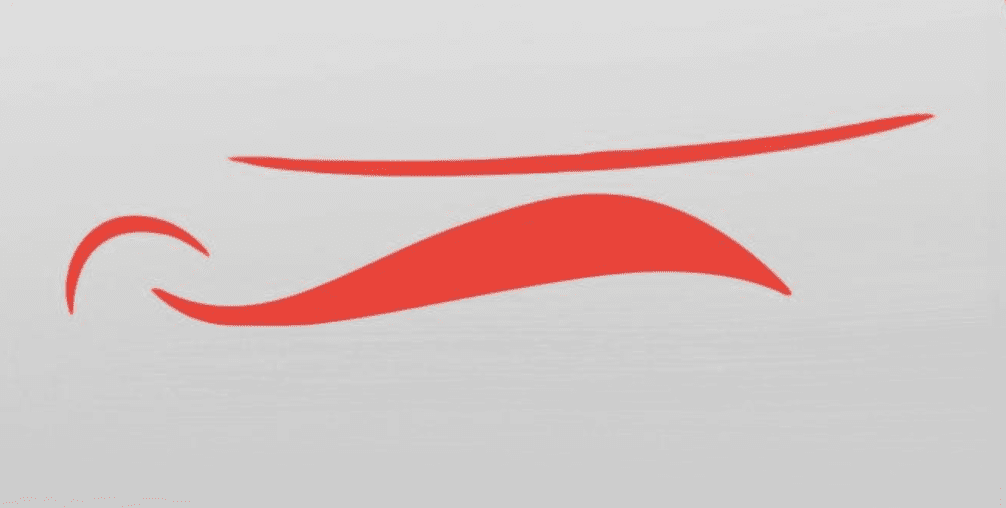A recent investigation has revealed that Héli Air Monaco inadvertently supplied helicopter parts that ultimately reached Russia’s military forces, highlighting the challenges of enforcing international sanctions.
The investigation, conducted by Investigate Europe and Disclose, traced a supply chain that enables Moscow to acquire Western-made aviation parts despite sanctions. Among the suppliers implicated, Héli Air Monaco had delivered equipment to an Indian company, Agrim Aviation, which was later suspected of acting as a front for UTair Airlines, a Russian carrier believed to provide logistical support to Russian troops in Ukraine.
According to Monaco Matin, Héli Air Monaco, a long-established aviation service provider, had been approached by Agrim Aviation for helicopter spare parts, including washers, seals, and a few fuel pumps. The company’s CEO, Jacques Crovetto, explained that these transactions occurred long before Agrim Aviation was placed under sanctions by the US Treasury in October 2024, and at the time, there was no indication that the parts would be re-exported to Russia.
Despite the relatively low strategic value of the parts supplied, the revelation has prompted serious discussions within both Héli Air Monaco and Airbus, its parent manufacturer, which has since tightened its sales procedures to prevent similar breaches.
The case illustrates the sophisticated efforts of Russia to bypass international trade restrictions, utilising intermediary companies to procure essential military equipment. While Héli Air Monaco insists it had no knowledge of the final destination of the parts, the situation underscores the complexity of enforcing global sanctions in an increasingly interconnected market.


